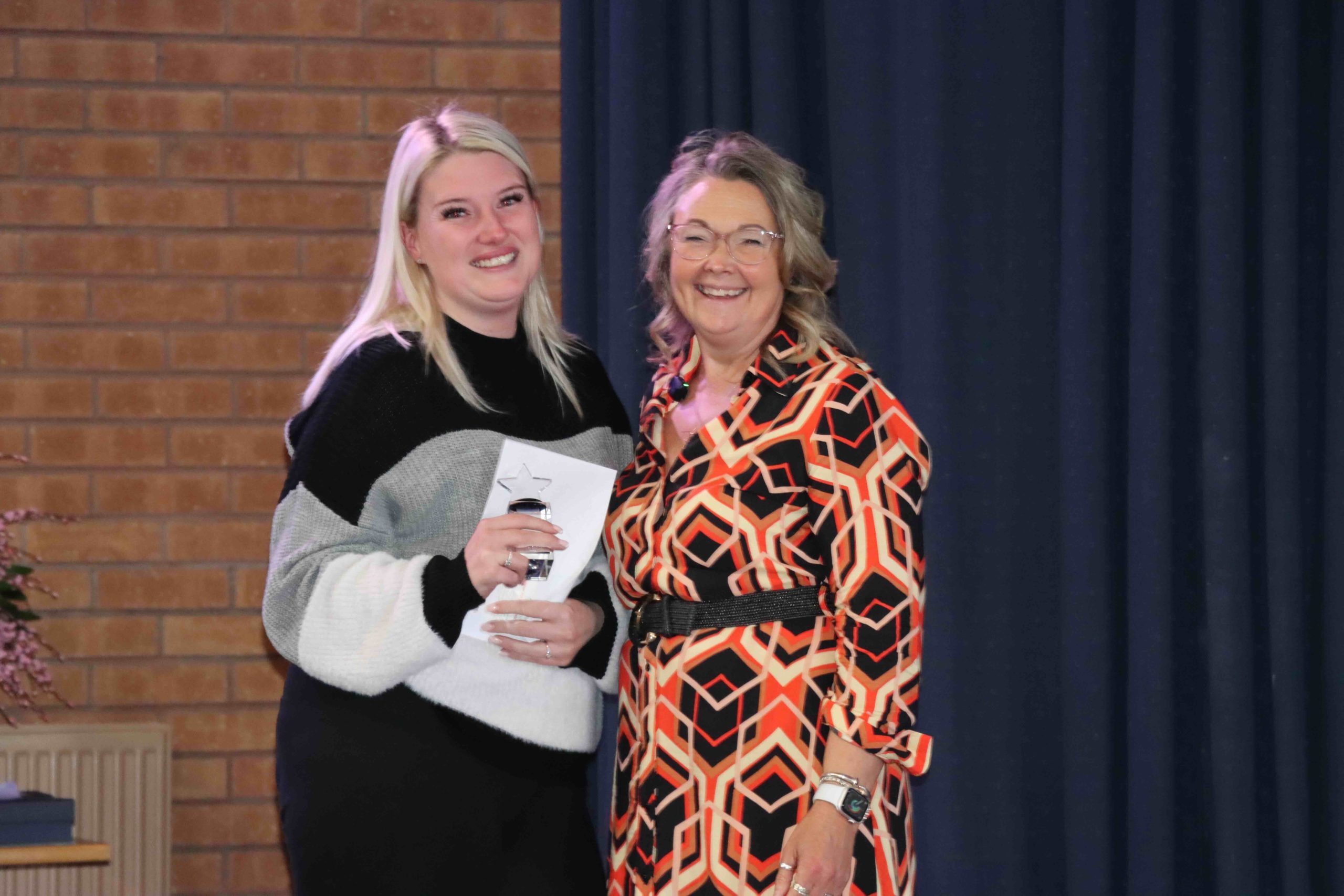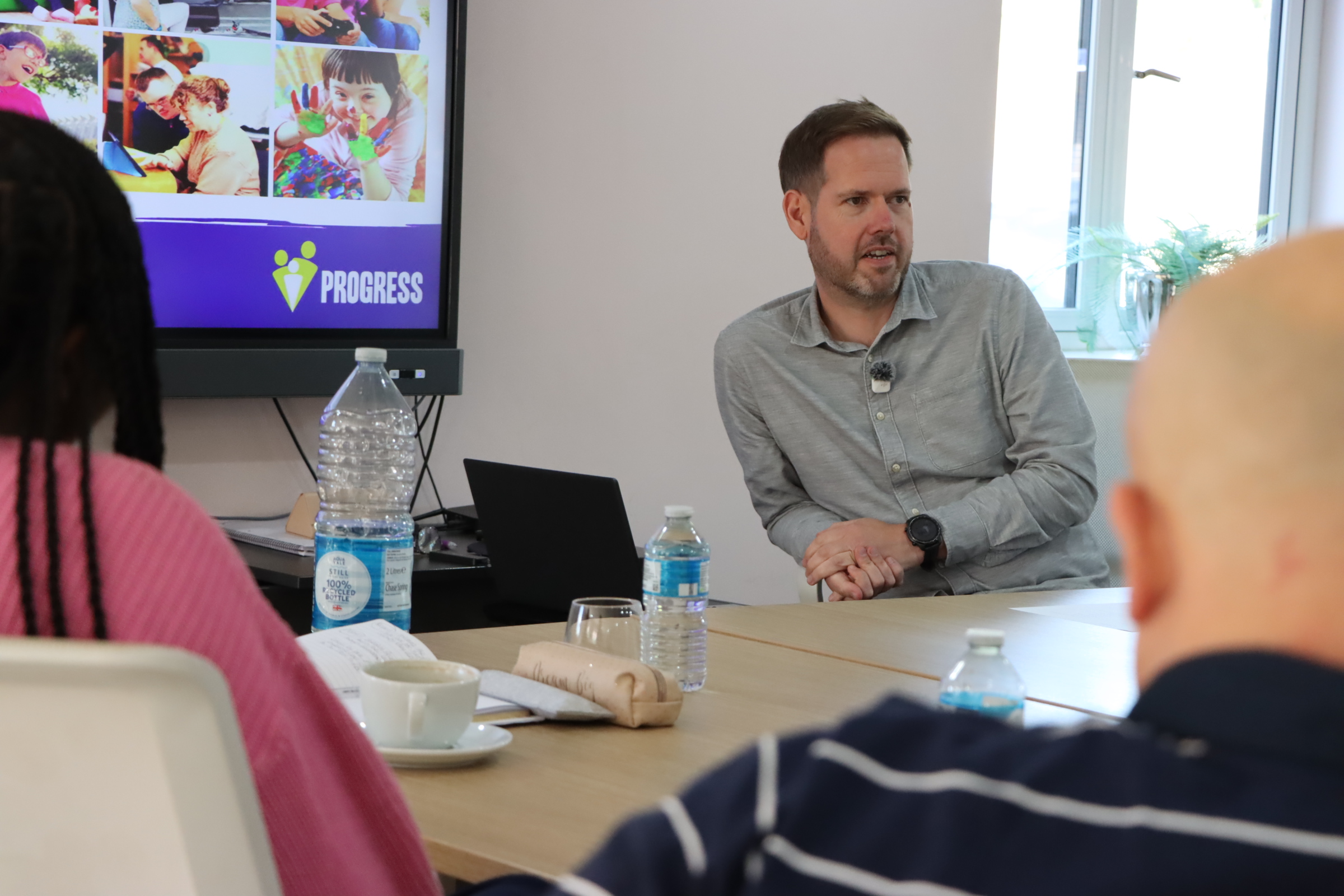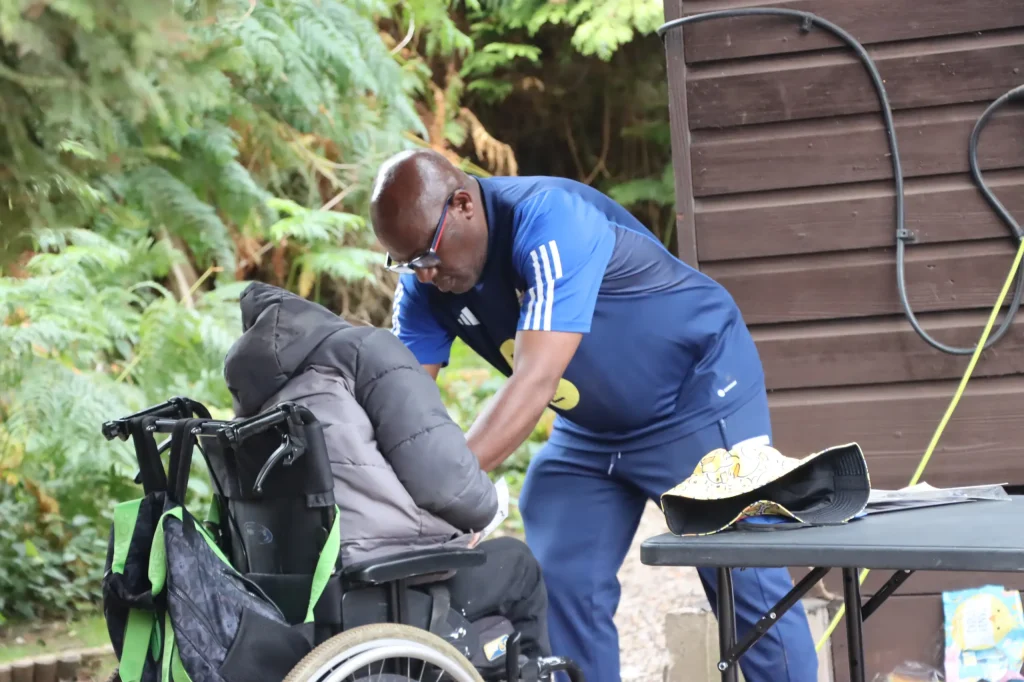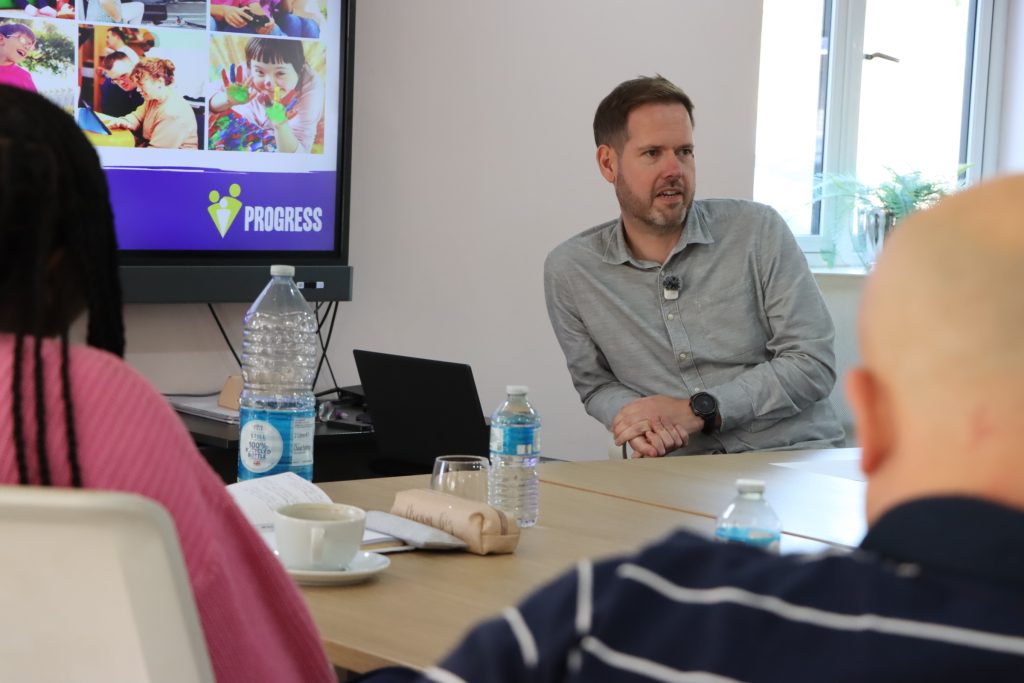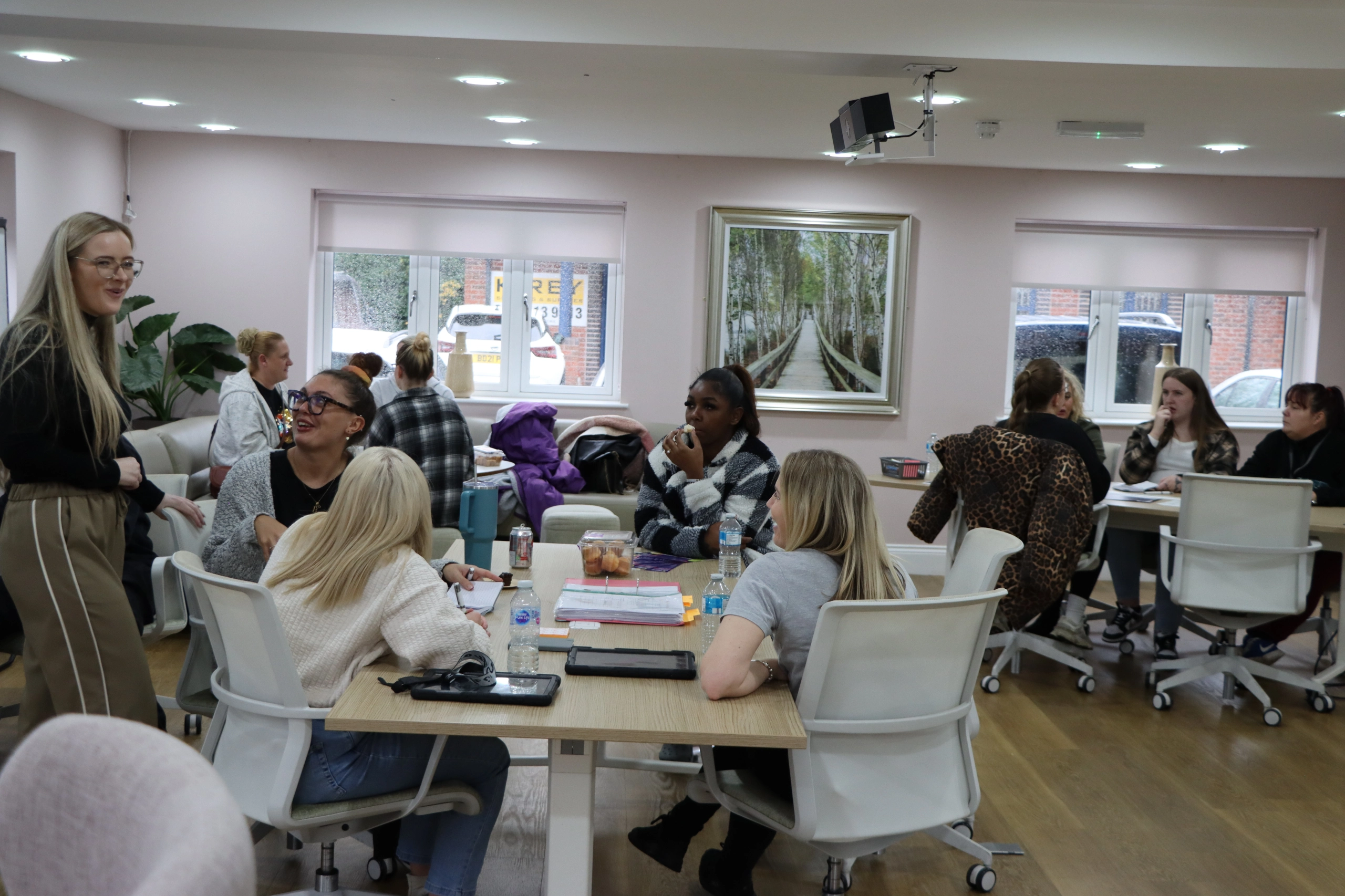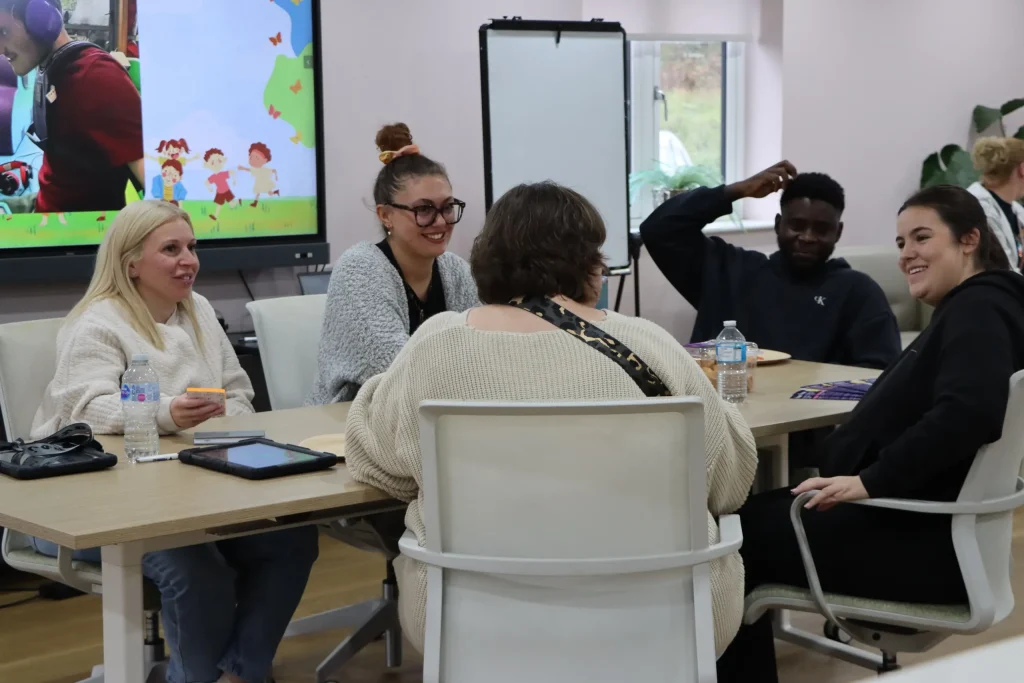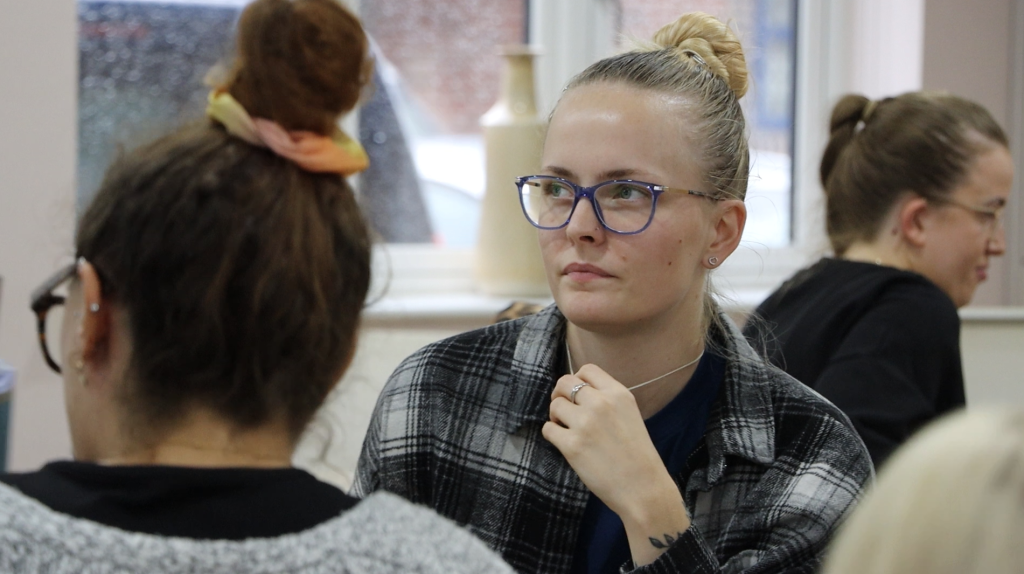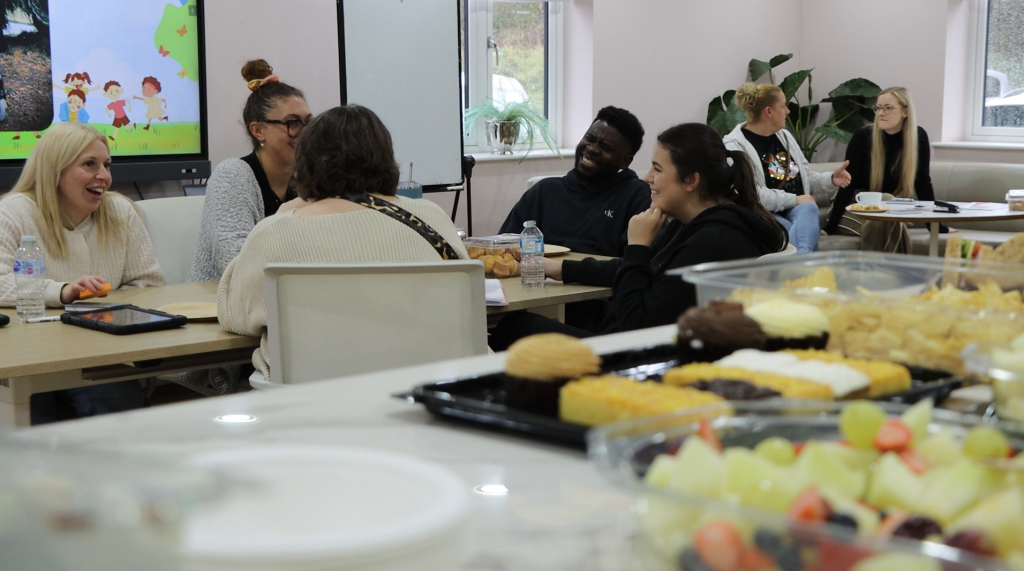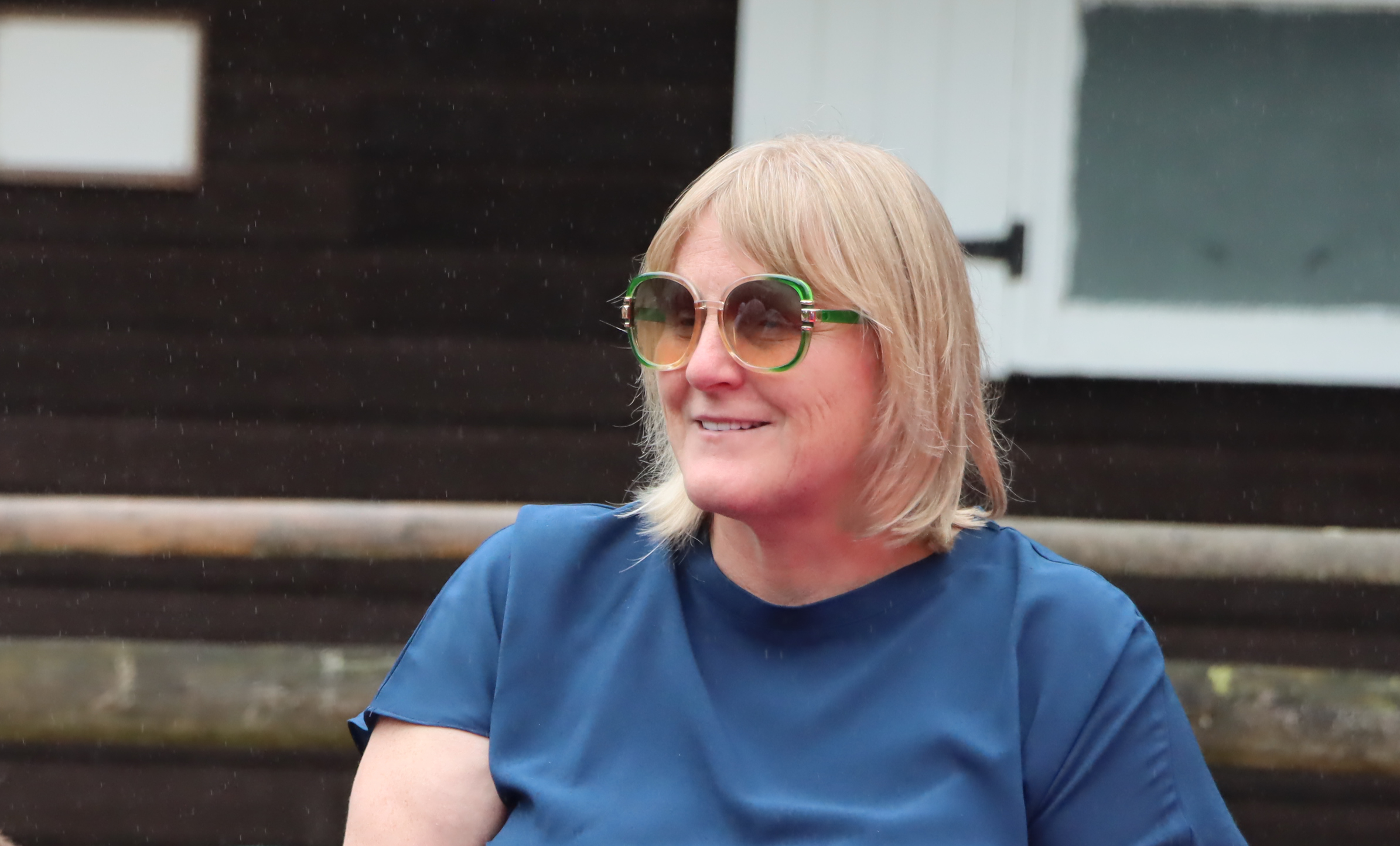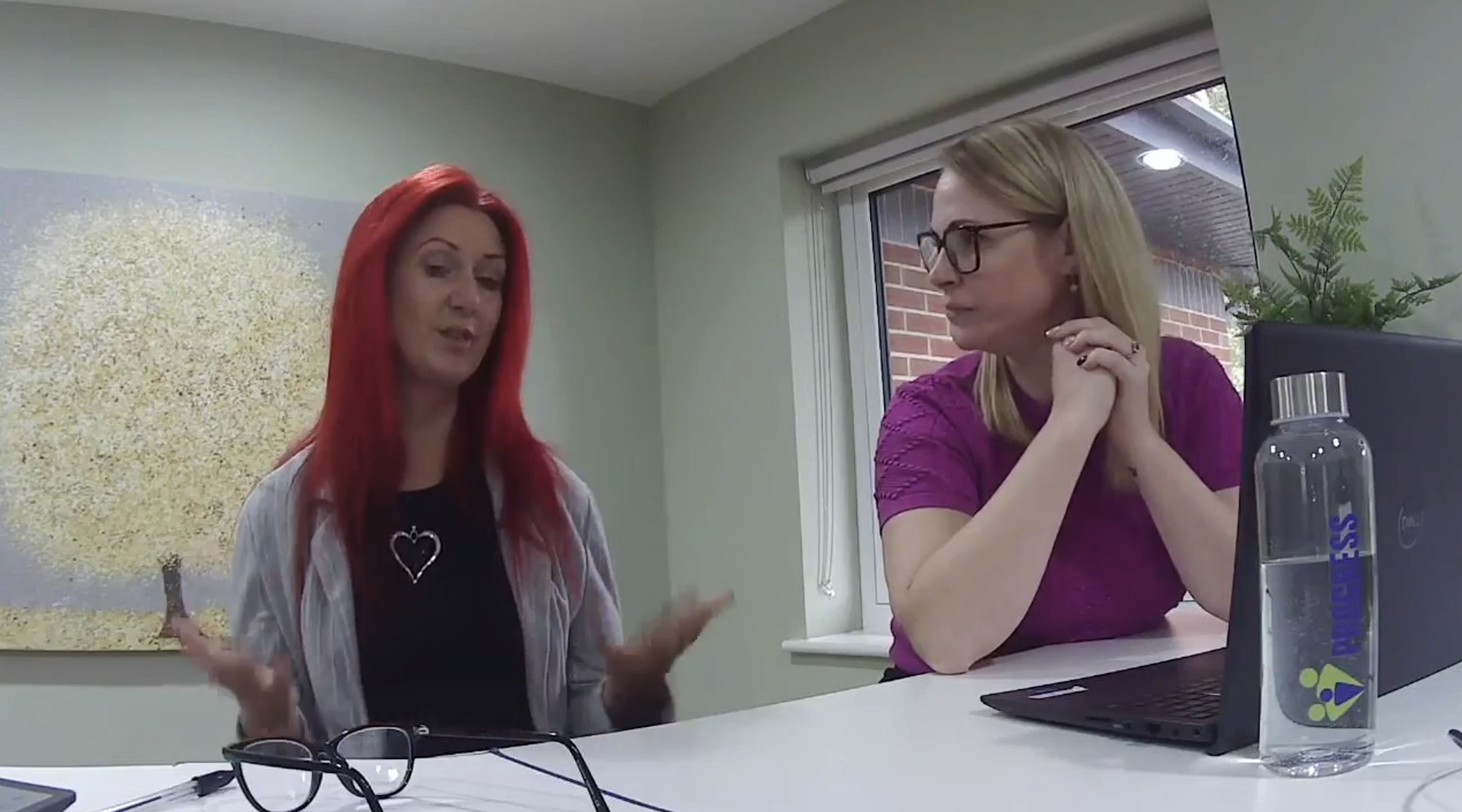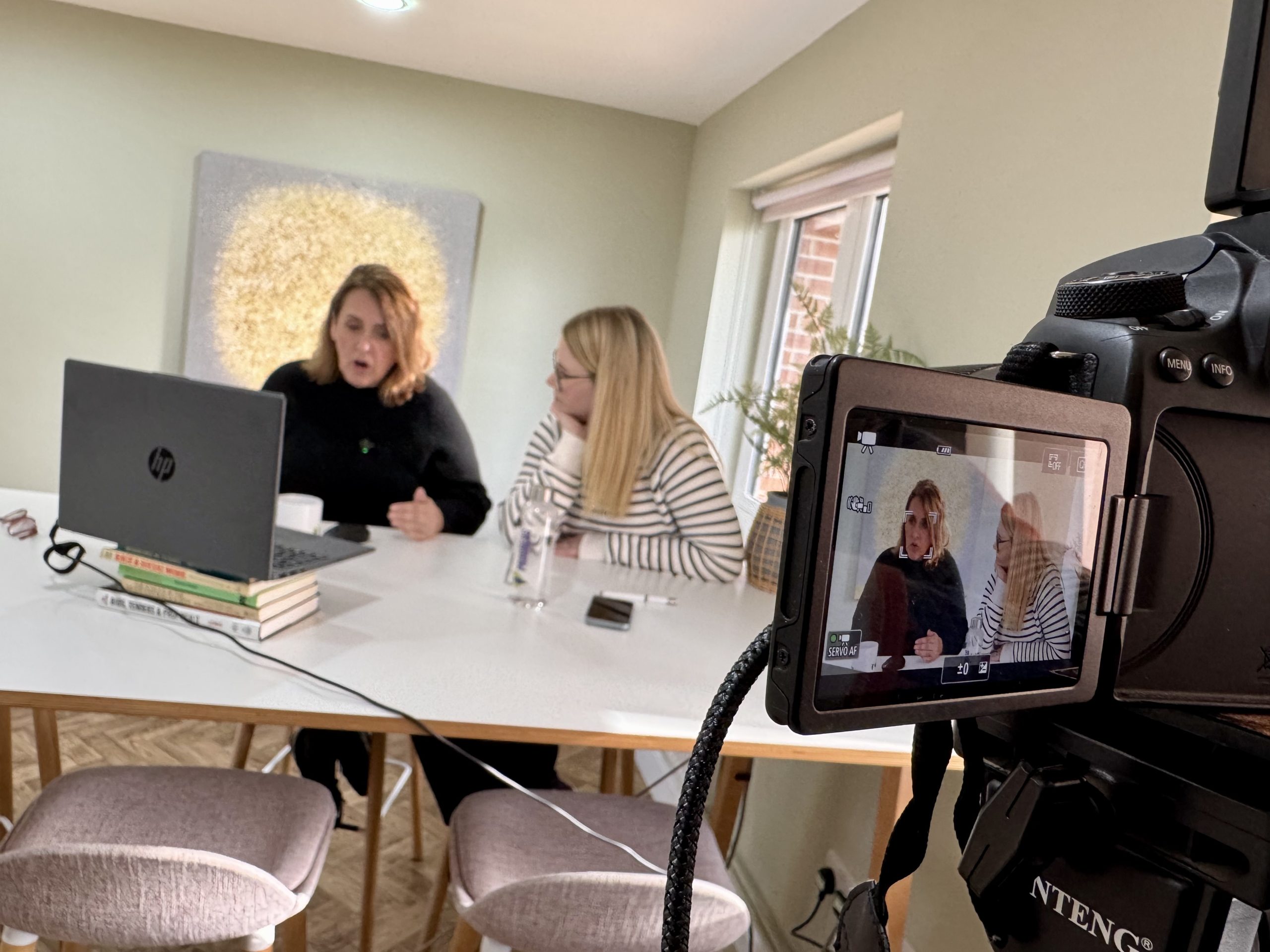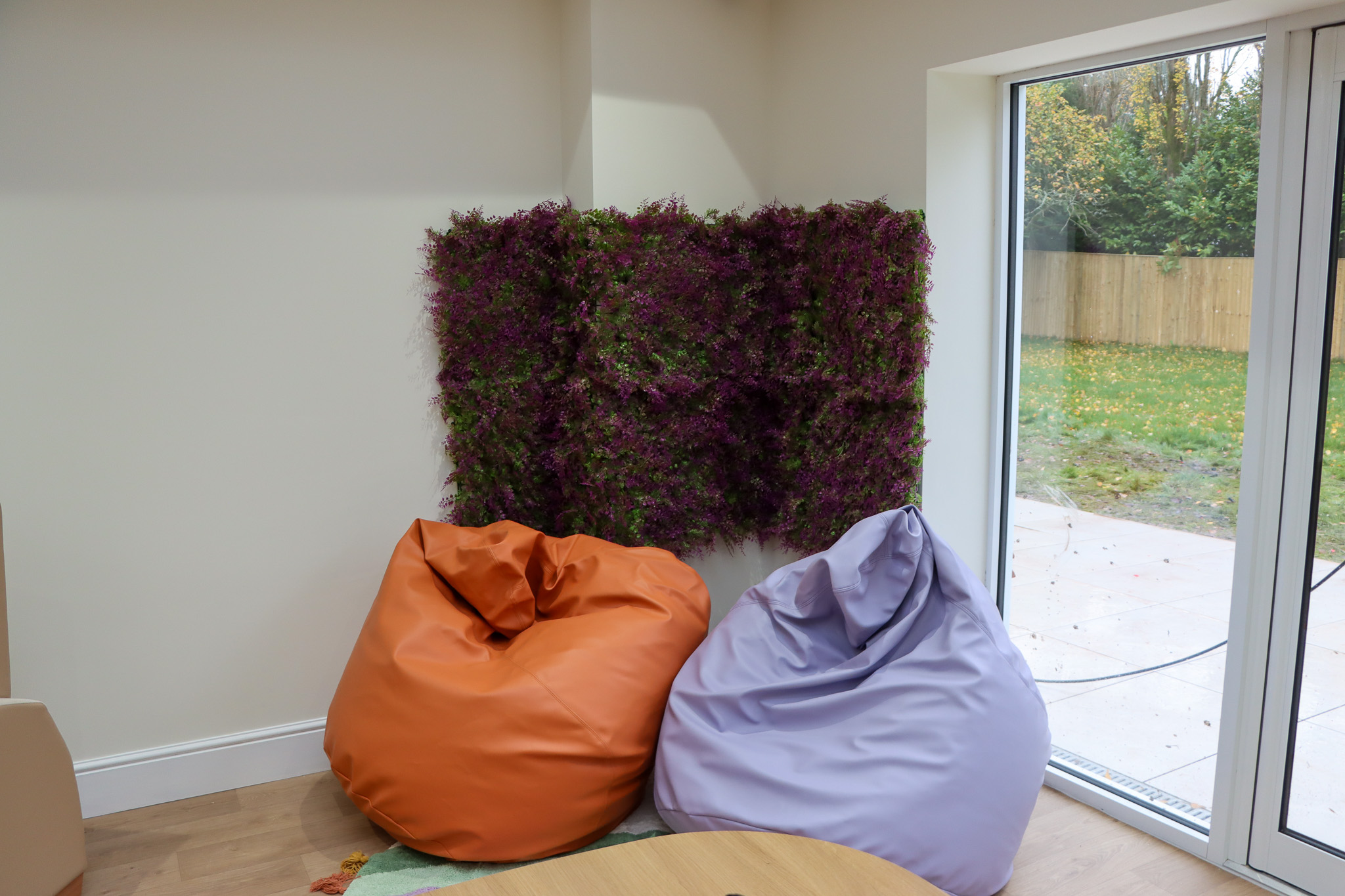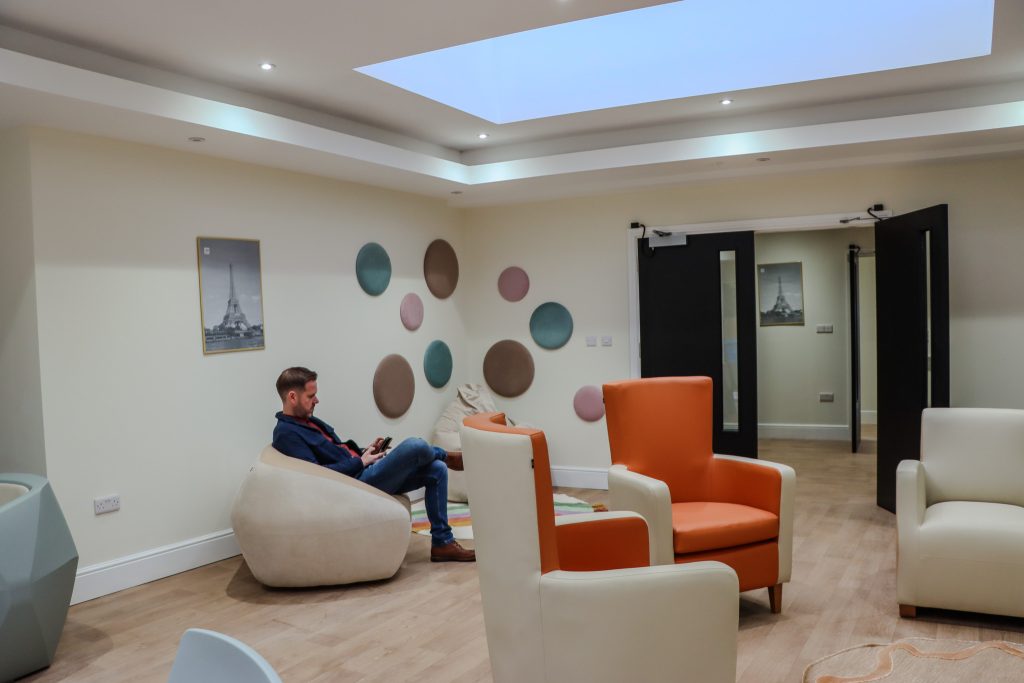When Sue talks about the two brothers who came into her life nearly ten years ago, she starts not with paperwork or planning, but with instinct. She remembers meeting the older brother for the first time and sensing something she still cannot quite name. A spark. A warmth. A boldness that made him feel familiar within minutes.
“He was just like he had known you forever,” she recalled. “Joking, laughing, teasing everyone. He’s a real character.”
The younger brother, by contrast, arrived quiet, reserved and tucked behind routines that had shaped his early years. He came from a home with strict structure. Breakfast at an exact time. A morning snack precisely at ten. Television only at a fixed hour. It was safe, predictable and controlled, but it left little room for the ordinary looseness of childhood.
“I felt a bit sorry for him,” Sue said. “He was a lovely boy, but everything was set. I’m not like that. If the cartoons are on while I’m cooking, then the cartoons are on.”
At the time, Sue had not planned to take on children with the level of needs the older brother had. Due to his complex needs, he had been living in residential care and needed an accessible home with a downstairs bedroom and shower room. Sue happened to have both. But what pulled her in was the idea of bringing the siblings back together after three years apart. By the time the younger brother was placed with her, he was eight and no longer remembered much of their early bond.
“If they didn’t get back together then, I was afraid they would lose that bond forever,” she said. “That connection would just be gone.”
So, she said yes. She took them both, together. She hoped her home would become theirs. She hoped she could help them rediscover each other. She hoped, simply, that being a family again would change the course of their lives.
“It could have gone either way,” she said. “You never know with any placement. But these two just fit.”
A Household That Became a Home
Sue talks about these brothers the way people talk about their own children. With warmth, honesty, humour and the quiet pride that comes from watching someone grow in ways you once only imagined.
The older brother eventually moved into supported living as a young adult, just a short walk from Sue’s house. He still visits for Sunday lunch, still pops in during the week and still folds easily into the rhythm of her home. The younger brother is now a teenager on the brink of adulthood, working hard at his apprenticeship and slotting seamlessly into life with Sue’s grandchildren. They treat him not as an outsider or a foster sibling, but as family.
“He’s part of them,” she said. “And they’re part of him. That’s his family.”
The transformation of the younger brother is one of the things Sue speaks about most tenderly. The shy boy with rigid routines grew into someone cheeky, confident and connected. Someone who laughs, teases, helps out and trusts. And someone who knows, in a way he did not before, what family feels like.
“He’s grown into a good man,” Sue said. “A good lad. Really good.”
For Sue, stability is not just a concept. It is the foundation that shapes everything else. She has seen the difference it makes when siblings stay together. How their bond strengthens. How they balance each other. How their shared history gives them something steady to stand on.
“When siblings grow up separately, it changes them,” she said. “They grow apart, just like any family would if they rarely saw each other. Keeping these two together meant they didn’t lose something they could never replace.”
Sue’s supervising social worker echoed that sentiment. “Not every carer is able to hold a sibling group together,” she said. “It takes skill, patience and intuition. Sue has all of that.”
Sue, characteristically, brushed off the praise. “I come from a big family,” she said. “We argue, we make up and we put the kettle on. Families need closeness. You always need your family.”
Lessons From a Young Person with Complex Needs
Before fostering, Sue spent more than thirteen years as a post lady, walking miles each day delivering letters. She describes her old job fondly, but she left it when fostering became her main commitment. “It was one or the other,” she said. “I chose fostering.”
Over the years she has cared for children with a wide range of needs, including non-verbal autism. One young person, whom she first knew through providing respite care, became a permanent part of her life after his previous carers moved on from fostering.
His needs were severe and supporting him required learning far beyond what any training could have prepared her for.
“It is difficult,” she admitted. “When a child can’t talk, you must be the person who works out what’s going on. Why are they crying? Why are they screaming? Why are they upset? Even pictures don’t always help. It takes time, patience and a lot of figuring out.”
But she learned. Step by step. Day by day. Through trial, error, perseverance and resilience.
“You can’t give up,” she said. “If you give up, that helps no one. You have to ride the wave sometimes.”
Her coping strategies are simple and honest: long walks, tea at her mother’s house, time with her daughters, the occasional day out with friends. And a mindset she carries like armour. “You cannot think negatively about everything,” she said. “Some things you can’t change. But you can be there.”
Making Fostering a Career
Sue is one of the carers who considers fostering her full-time work. She is clear and unapologetic about that.
“I couldn’t hold down a job now and foster,” she said. “It is one or the other.”
She acknowledges the financial concerns many potential carers have but speaks about them realistically. Some carers work alongside fostering. Others, especially those caring for children with greater needs, do not. Every household works differently. Her partner works, which helps. But she also knows fostering can be a meaningful full-time path for those who commit to it.
“You have to like what you’re doing,” she said. “It is hard sometimes. It tests your patience. You need support.”
And support, she says, is where Progress has truly stood out.
“The support for the children has been amazing,” she said. “Consistent. Long-term. That’s what helps them regulate. And the support for me too. If I have a problem, someone is always there.”
She recalled emailing the therapist late one evening with a concern and receiving a phone call back within minutes. “That meant everything,” she said.
For Sue, a good fostering agency is one that understands carers are people with limits and emotions, not just placements. “Good communication,” she said. “Good support. People who care about the carers. That’s what makes the difference.”
Why Fostering Matters
When asked why fostering is important, Sue paused for a long moment. She searched for the right words, the ones that would do justice to her ten years of caring, growing, learning and loving.
“These children need stayers,” she said quietly. “People who stay long enough to help them find a way forward. If there weren’t enough foster carers, who would look after them? Who would give them the life they need?”
She thinks often about the younger brother and how far he has come. About the older brother coming through her door for Sunday lunch as if he never left. About the young person with complex needs who taught her more about patience than anyone ever has.
She thinks about the future too.
“I want them to become good adults,” she said. “Good parents one day. I want them to know how to build a family, not lose one.”
For Sue, fostering is not just a role or a title. It is her life’s work. Her purpose. Her place in the world.
And when she talks about the children who came to her with uncertainty and left with connection, stability and a sense of belonging, it becomes clear that her home is not just a place of care.
It is the place they learned what family feels like.




